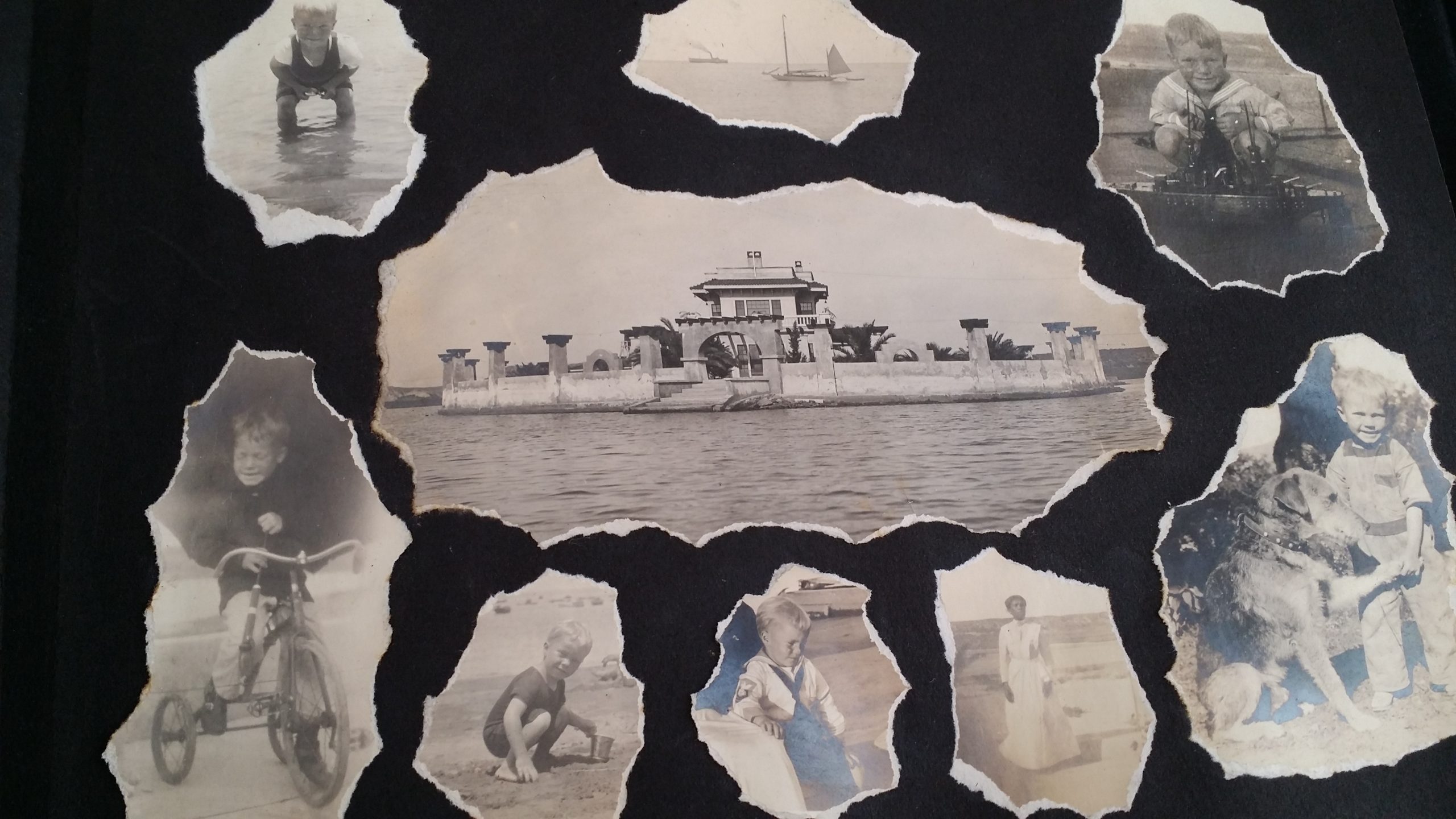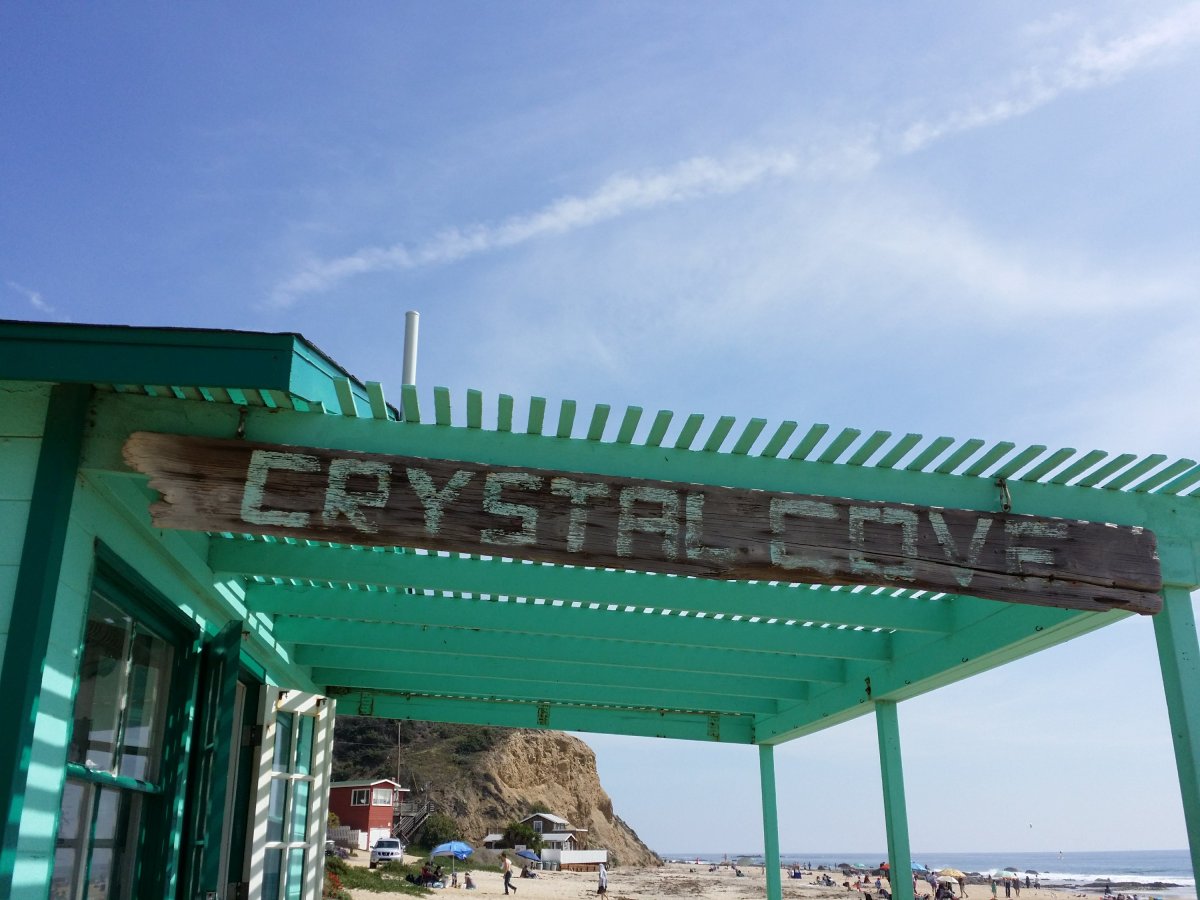We start any oral history project with a pre-interview. This meeting is a chance for us to review potential research questions. We ask that you review photo albums and ephemera to help revive the memories. We can help you digitize these materials to preserve these materials for many generations.
We cover biographical questions that range from childhood, adolescence, career, and retirement. The oral history becomes the primary source of a memoir. We can help you arrange your memories and help you publish your story. We have edited manuscripts and prepared the media for digital and print publications.

Pre-Interview
We will research your life and help you organize your personal archive.
Oral History
We will facilitate a long-format interview to capture your life memories.
"In order to write about life first you must live it."
Ernest Hemingway
 We capture personal and community narratives in video interviews. Social history emphasizes the importance of collecting every day perspectives. We help you trace genealogical roots and preserve your heritage with tools like Ancestry and Family Search. Do you gather around the table to hear about the past from your elders and wonder if you’ll forget these experiences? Oral histories ensure that this past is never forgotten.
We capture personal and community narratives in video interviews. Social history emphasizes the importance of collecting every day perspectives. We help you trace genealogical roots and preserve your heritage with tools like Ancestry and Family Search. Do you gather around the table to hear about the past from your elders and wonder if you’ll forget these experiences? Oral histories ensure that this past is never forgotten.
Oral history tradition comes from folklore traditions. The spoken word can be captured in audio and video format to allow access in the modern age. 70 Degrees uses a Zoom audio recorder and 4K/HD video recorders to create archive ready products. We use a three-point lighting system which can be used at your host institution or alternate site. Each oral history interview is accompanied with an abstract, recording log, transcript, photos provided by the narrator, a photo of the candidate at the time of the interview, and narrator-interview agreement forms. The release form expresses the narrator’s consent for the interview to be made available on online platforms. We can digitize ephemera and personal photos to accompany the interview record. We can store these materials on a password protected or open access web interface.
We facilitate first person narratives in the form of oral history interviews in order to preserve the past. These long-format interviews are primary sources which are archived for the preservation purposes. We conduct these digital history projects in order to conserve the past according to Oral History Association & Southwest Oral History Association standards. See the Archiving Oral History: Manual of Best Practices on the OHA website.
Facilitating Zoom hosted interviews has become predominant in today’s world. We can provide the technology and project guidance to create and sustain your projects. As leaders of the Southwest Oral History Association, we have developed a list of resources for you to use.
Equipment

We recommend the Zoom H2n recorder or Tascam DR-40 for audio interviews. We facilitate video interviews with a DSLR camera such as our Nikon or Canon with a RØDE Shotgun mic. The Sony 4k Handycam equipment is designed for long-format interviews and works well with Bluetooth lavalier microphones. The Sony 4K does not partition the film sections into separate folders. This is easier to edit in post-production. We recommend a lighting kit to balance the room to focus on the speaker.
Oral History Metadata
Information about aspects of an oral history interview; it is essential for the curating, discovery, and management of a collection or interview. In an oral history context, descriptive metadata refers to information about the interview or the topic discussed Technical metadata refers to the technical information that makes up the digital data file containing the interview, such as file type, codec, file size, and resolution. Administrative metadata refers to information related to issues such as rights management. Structural metadata refers to how individual parts relate to a whole. (For more on this, see Oral History and the Digital Age)
You can reference the online tool for oral history metadata assessment and decision-making.

In 2023, Cal Poly Pomona commissioned a series of equine oral histories for the library. They cover the lifetime achievements of Monty Roberts and Ada Gates Patton.
Consulate General of the Republic of Korea in Los Angeles
In 2020, Jennifer presented Education and Oral History with the Korean Consulate’s office of Los Angeles for the CCSS and Southwest Oral History Association meetings. In 2021, they honored the legacy of the Korean War with a colloquium series.
Oral History Exhibition
The Keil sisters utilize their cross-disciplinary skills to capture and preserve narratives. Jennifer and Cindy implemented the oral history Legacy Program at the Balboa Island Museum which has captured more that fifty interviews. This was a community history project of the island and the individuals who shaped the culture. A project proposal outlining all the stages was provided to the board prior to filming the candidates. The video archive contains over forty interviews. Four highlight reels were created to engage visitors at the oral history station. They are the following: Over the Bridge, Holiday Memories, Jolly Roger Memories, and Celebrity Encounters.
Please read the Balboa Island Museum newsletter which contains more information about the project. Cindy and Jennifer presented, “Over the Bridge: Creating a Sustainable Oral History Program” at the Southwest Oral History Association conference in March 2015, 2016, and 2017.

Jennifer and Cindy have been consultants to the Del Mar Historical Society (DMHS). Their collaboration project was featured at the 2018 SOHA Conference in Fullerton, CA in our panel titled, “Community Voices and Collaboration.”
Oral Histories can help a community preserve a city’s origin story and showcase the change over time. The 1885 Alvarado House at the Del Mar Fairgrounds is managed by the historical society. We are working on securing a permanent location for the Alvarado House. We would like to create a museum that would remain available to the public year-round which would include interactive educational tools.
Hortensia [aka Tensia] Moriel Trejo remembers this historical site as part of her early Del Mar memories.





